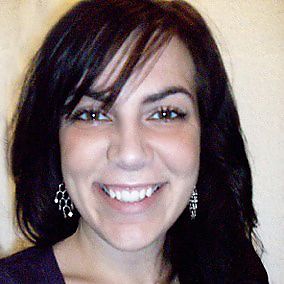Liz Neeley, assistant director of science outreach at COMPASS, a science-based communications firm based in Seattle, will present “A Theory of Change: The Latest in Science Communication Research and Practice,” Wednesday, Sept. 17, 5:30-6:30 p.m., in the Lory Student Center Grey Rock Room.
 The lecture, which is free and open to the public, will discuss advances in building better science communication efforts. It will focus on blending academic communication with case studies and hard-won lessons from researchers and science communicators on the front lines.
The lecture, which is free and open to the public, will discuss advances in building better science communication efforts. It will focus on blending academic communication with case studies and hard-won lessons from researchers and science communicators on the front lines.
Before joining COMPASS, Neeley studied the evolution and visual systems of tropical reef fishes at Boston University. After grad school, she helped communities and researchers in Fiji and Papua New Guinea connect their knowledge of local coral reefs ecosystems to the media. She also dabbled in international science policy while working on trade in deep-sea corals. Neeley is currently based at the University of Washington.
SoGES Fellows
This presentation is sponsored by the School of Global Environmental Sustainability. The 2014-15 SoGES Global Sustainability Leadership Fellows will also be on hand for the lecture. These 20 early career academics have been chosen from the various colleges that make up CSU to learn how to effectively communicate not only with peers but also with the public and the media.
Following this lecture, the Fellows will receive additional intensive training in communicating their research to reporters later in the week in a two-day workshop with working journalists from National Public Radio, Scientific American, National Geographic and other national outlets. A number of CSU Leopold Leadership Fellows will join the workshop to share their insights and experience reaching scientific and non-scientific audiences alike.